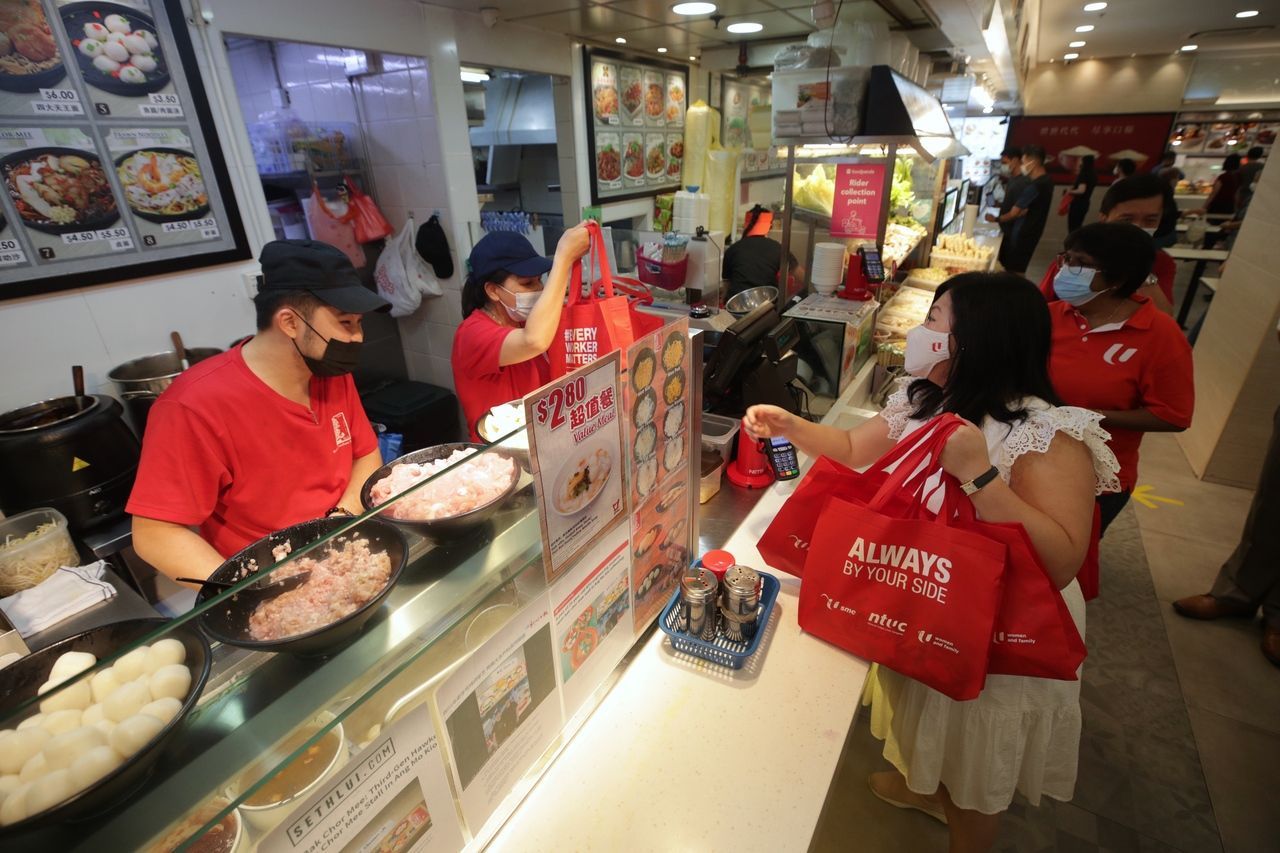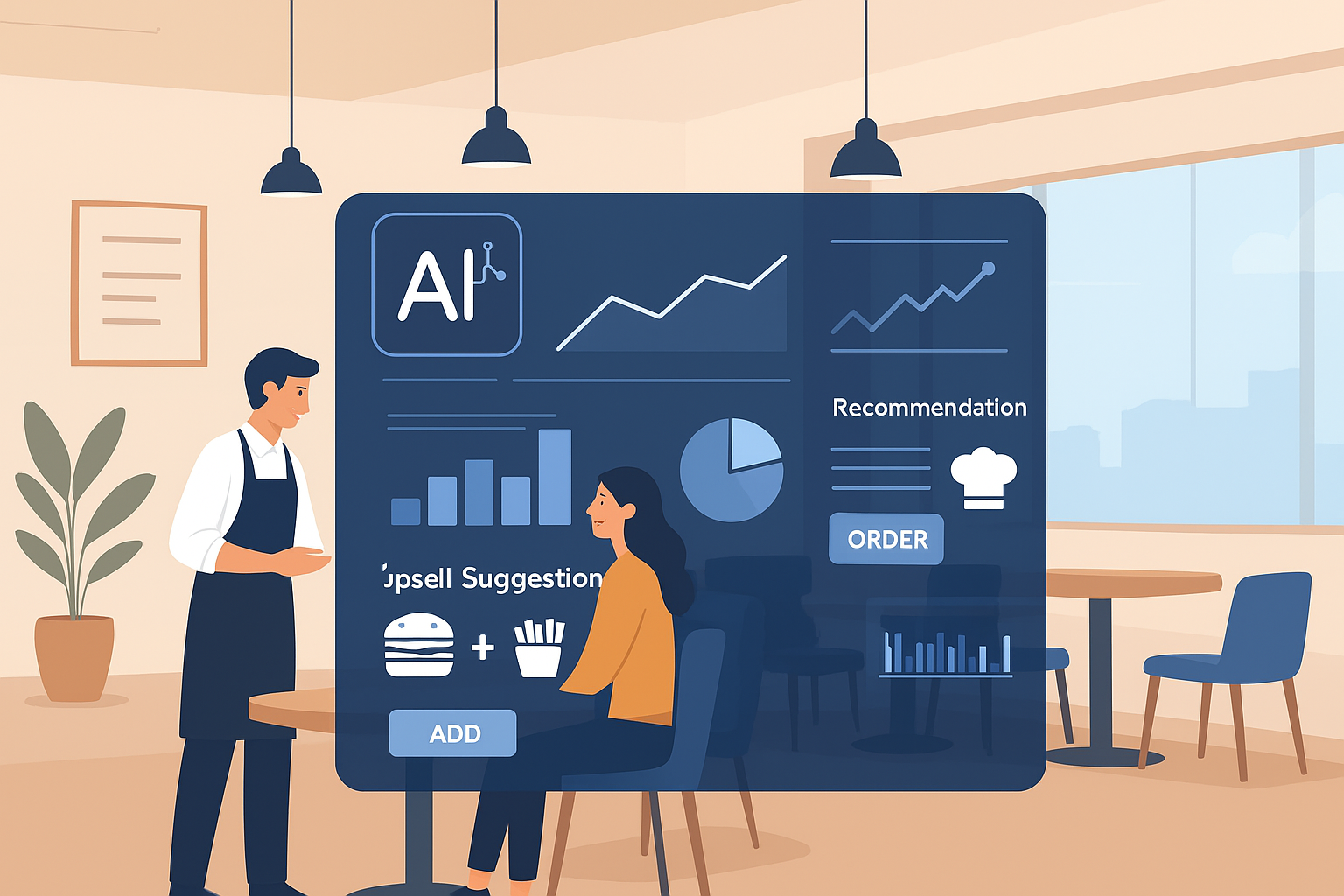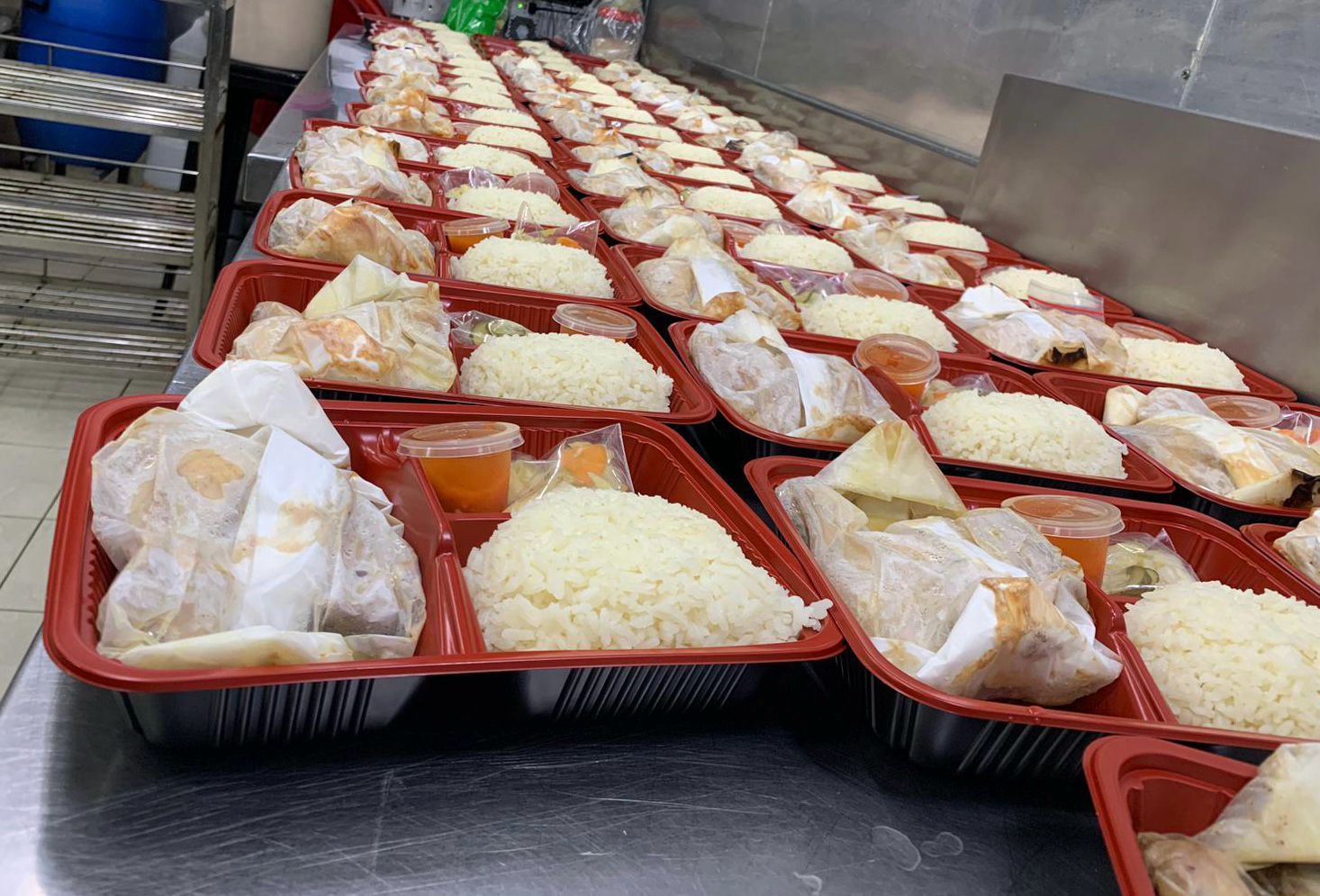5 Ways To Master Customer Loyalty Management (With real life success cases)
In Singapore's fiercely competitive F&B industry, building a loyal customer base is essential for long-term success. With numerous dining options available to consumers, businesses must prioritize customer retention and loyalty. Effective customer loyalty management strategies not only drive repeat business but also foster brand advocacy and sustainable growth. In this comprehensive guide, we'll explore the key components of customer loyalty management in the F&B sector, along with real-life examples from successful F&B companies.
1. Understanding Customer Loyalty:
Customer loyalty goes beyond repeat purchases; it encompasses emotional connections, satisfaction, and advocacy. F&B businesses must strive to create memorable experiences that resonate with customers, fostering a sense of attachment to the brand. By understanding the factors that influence loyalty, businesses can tailor their strategies to meet customers' evolving needs and preferences.
2. Personalized Loyalty Programs:
Implementing personalized loyalty programs is a proven method for cultivating customer loyalty. By offering rewards, discounts, and exclusive perks tailored to individual preferences, F&B businesses can incentivize repeat visits and increase customer engagement. For example, Starbucks' highly successful rewards program, Starbucks Rewards, offers personalized offers, birthday rewards, and convenient mobile ordering, driving customer retention and sales.
3. Seamless Customer Experience:
Providing a seamless and consistent experience across all touchpoints is essential for fostering customer loyalty. From online ordering to in-store dining and delivery services, every interaction should reflect the brand's values and commitment to customer satisfaction. Domino's Pizza exemplifies this with its user-friendly mobile app, which allows customers to customize orders, track delivery status, and earn rewards points, ensuring a seamless experience from order placement to delivery.
4. Engagement through Social Media:
Social media platforms offer F&B businesses a powerful tool for engaging with customers and nurturing loyalty. By regularly sharing engaging content, responding to customer inquiries, and soliciting feedback, businesses can strengthen relationships with their audience and build brand advocacy. Burger King Singapore effectively utilizes social media to interact with customers, launch promotional campaigns, and create buzz around new menu offerings, fostering a loyal following among fans.
5. Community Building and Events:
Organizing community events, workshops, and tastings provides F&B businesses with opportunities to connect with customers on a deeper level and build a sense of community around their brand. By hosting events that align with their brand values and interests, businesses can strengthen customer loyalty and differentiate themselves from competitors. For instance, The Providore organizes cooking classes, wine tastings, and themed events, fostering a loyal community of food enthusiasts who share a passion for quality ingredients and culinary experiences.
Harnessing Data for Personalization:
Data analytics play a crucial role in understanding customer behavior and preferences, enabling F&B businesses to deliver personalized experiences and targeted marketing campaigns. By leveraging data from loyalty programs, online transactions, and customer feedback, businesses can segment their audience, anticipate needs, and tailor offerings to individual tastes. McDonald's Singapore utilizes data analytics to personalize promotions and menu recommendations through its McDelivery app, enhancing the customer experience and driving loyalty.
Effective customer loyalty management is a multifaceted endeavor that requires a deep understanding of customer preferences, consistent engagement, and personalized experiences. By implementing strategies such as personalized loyalty programs, seamless customer experiences, social media engagement, community building, and data-driven personalization, F&B businesses can cultivate a loyal customer base and thrive in the competitive landscape. Drawing inspiration from real-life examples such as Starbucks, Domino's Pizza, Burger King Singapore, and The Providore, businesses can embark on their journey to mastering customer loyalty management and achieving sustainable growth in the dynamic F&B industry.
Minty
Apart for looking to value add business owners in Singapore with information sharing articles like these, Minty also provides CRM loyalty solutions for business to grow and retain their memberbase with ease.
If you are looking for a CRM loyalty solution for your business, WhatsApp us, or click here to send in an enquiry!
Interested in a CRM Based POS System, QR ordering or a standalone CRM membership system?
Send an Enquiry!
You might also like



